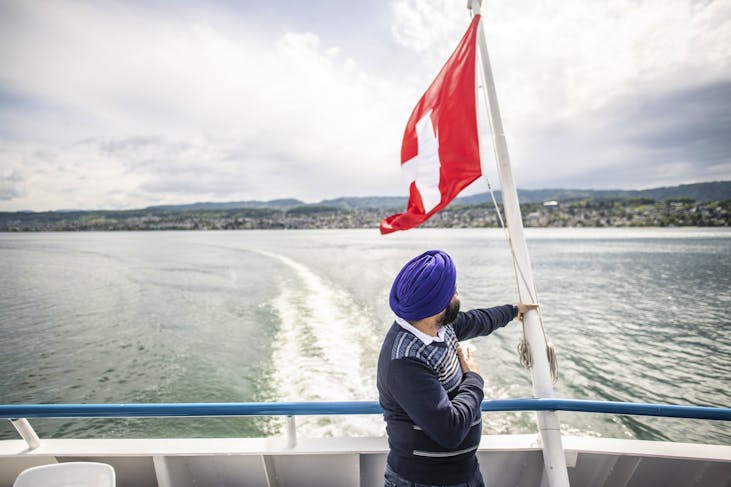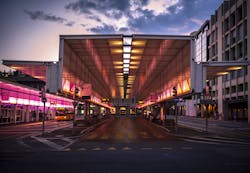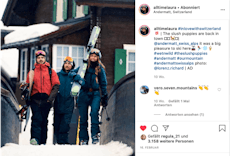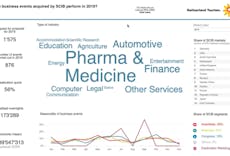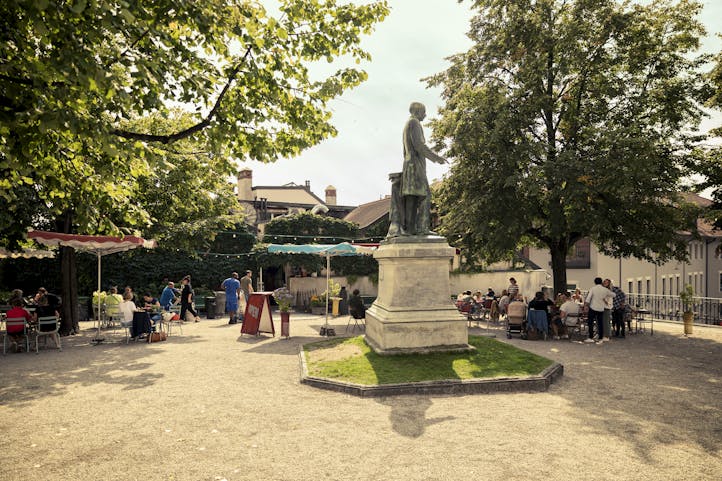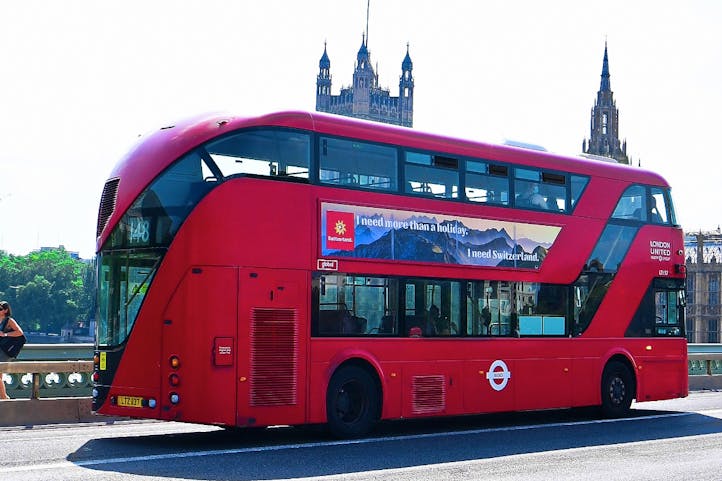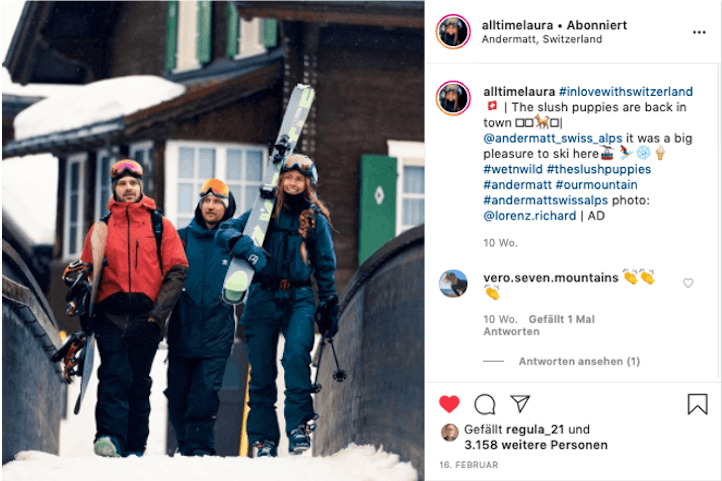Find out more about:
The marketing efforts by the tourist offices in the 13 regions and in individual destinations are largely financed by visitors’ tourist taxes. However, this income was in far shorter supply in 2020, depending on the region and destination, as a result of the Covid-induced slump in hotel overnight stays.
The smaller budgets forced some tourist offices to introduce short-time working and scale back their marketing activities. This led to the idea of ceasing all activities for long-haul markets. In view of the strict and ever-changing travel restrictions, Schengen visas not being granted and the huge restrictions on flights, travelling to and holidaying in Switzerland was in any case virtually impossible for overseas visitors from March 2020.
Countercyclical marketing for the tourism sector
Countercyclical marketing is a necessity in the long-haul markets, where lead times are generally longer. They can be around half a year for individual tourism and from one to as many as five years – depending on size – for business events.
Despite the pandemic and the associated travel restrictions, it was therefore important for Switzerland Tourism ST to continue its activities in the long-haul markets on behalf of the entire Swiss tourism sector in 2020. After all, it is ST’s mission as the national tourism marketing organisation to attract new guests for Switzerland as a holiday and travel destination – particularly when the end-destinations are no longer in a position to do so themselves.
Seizing the first-mover advantage
Particular sensitivity was needed for marketing in these long-haul countries during the pandemic. ST was able to use its proprietary Market Indicator System to select the right marketing activity, in the right market, at the right time and with the right tone. However, the Market Indicator System also enables visitor numbers to be anticipated at an early stage: this will create a first-mover advantage for ST as soon as an end to the pandemic is in sight.
Domestic guests fail to make up the shortfall
The importance of long-haul visitors for a viable Swiss tourism industry is underscored by a look at the statistics. In the period from June (when cable cars, boat trips, etc. restarted) to October 2020, there was a 12.6% increase in domestic guests (+1.07 million hotel overnight stays), mainly due to growth in visits to the mountains and countryside.
However, this was accompanied by a 49.5% fall in European visitors (–2.8 million hotel overnight stays), even though summer and autumn holidays in Switzerland were possible without major restrictions from June to mid-October, at least for most of its neighbours. Germany, which is the largest foreign market, recorded a decrease of nearly 40% over this period.
The Federal Statistical Office registered a drastic fall of 95.6% in long-haul visitors (–5.15 million hotel overnight stays) between June and October 2020. As such, domestic and European visitors could never make up for the absence of visitors from further afield.
Fostering personal contact in long-haul markets
Personal contact is one of the most important marketing activities in the long-haul markets. That is why the non-profit organisation SCIB, which comes under the ST umbrella, stepped up its personal contact with people abroad and also represented its Swiss partners in their market activities. This enabled its partners in this difficult time to reduce or redirect their funds temporarily, in the knowledge that, thanks to the SCIB experts, they will be ready as soon as the situation starts to recover.
In key account management too, ST employees ensured that its presence was felt through creative activities, some of which were hybrid or took place entirely online. For instance, ST India met more than 6,000 tour operators during the year, mainly using the popular Zoom and Teams platforms. The team presented Switzerland as a holiday and travel destination generally, but also kept participants abreast of the latest on the pandemic situation in Switzerland.
Nine hybrid workshop events were held in Seoul between June and November 2020, with around 180 participants. In the first part, the travel agents met the Swiss partners online via Teams. The second part took place in person, with Korean experts presenting Switzerland as a destination for hikers. There was then a chance to relax, including a demonstration of how to cook a classic Swiss dish: rösti.
A healthy mix of visitors for Swiss tourism
A healthy Swiss tourism industry requires a mix of visitors of 20% long-haul, 35% short-haul and 45% domestic. It therefore pays off to maintain a presence in the long-haul markets, while also marketing more aggressively in the short-haul markets.


